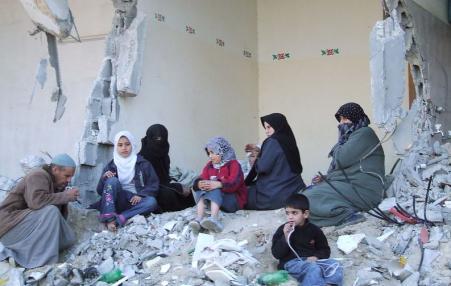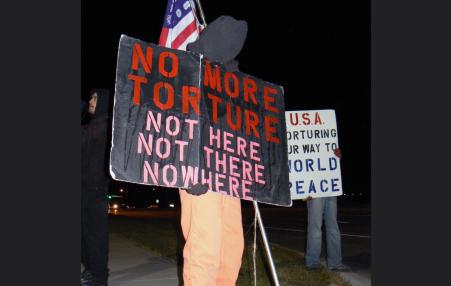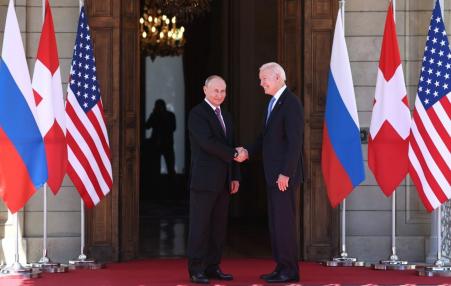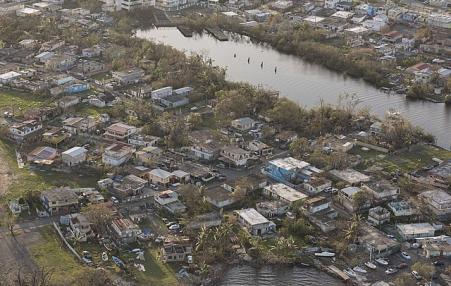Syria and the 'Red Line' Nonsense
FAIR - Fairness & Accuracy in Reporting
 Most pundits are careful about not advocating for direct U.S. military intervention in Syria (that is left to the Republican politicians who appear on the Sunday shows). But their message boils down to a concern over the credibility of the president's threats of violence more important than the credibility of his evidence. The White House has been saying their reticence is informed by the Iraq debacle; many pundits don't seem to have learned a similar lesson.
Most pundits are careful about not advocating for direct U.S. military intervention in Syria (that is left to the Republican politicians who appear on the Sunday shows). But their message boils down to a concern over the credibility of the president's threats of violence more important than the credibility of his evidence. The White House has been saying their reticence is informed by the Iraq debacle; many pundits don't seem to have learned a similar lesson.










Spread the word